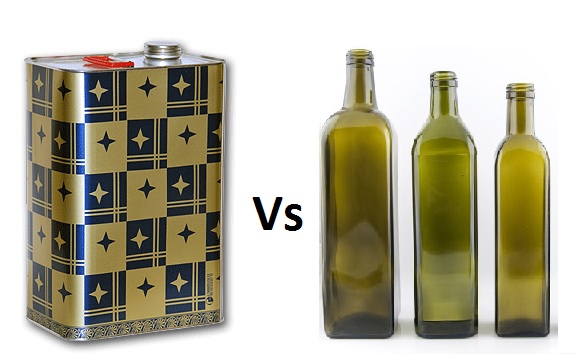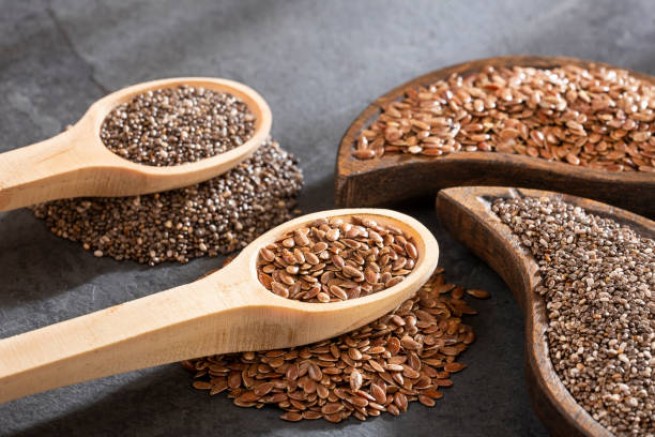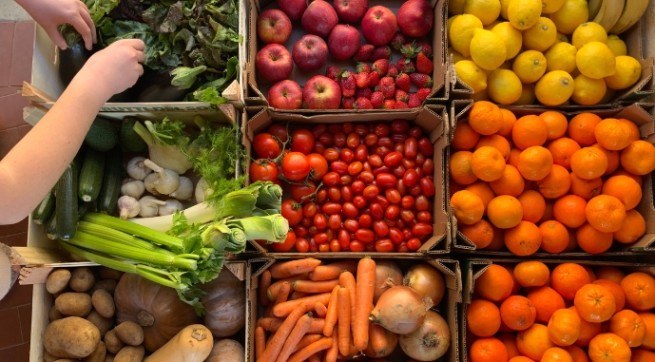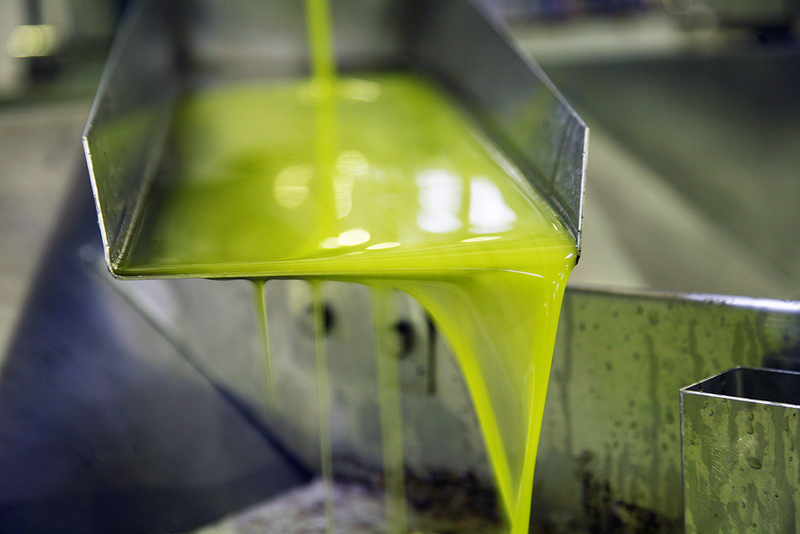Quality assurance, protection against fakes and tax evasion is provided by branded standardized olive oil, which goes on sale in a certain package.
The Commission has issued relevant European legislation, banning wholesale retail sales of olive oil. “The ability to sell olive oil in bulk through retail outlets and from various other distribution networks is an unacceptable phenomenon both for the safety of the consumer and for the development of the entire olive growing sector,” warns the Association of Greek Olive Oil Standardization Producers ποιήσεως Ελαιολάδου, ΣΕΒΙΤΕΛ) .
While consumer perception of the quality assurance provided by standardized and branded olive products is positive, a change in legislation towards a stricter one led to a reduction in the circulation of olive oil of dubious quality. The anonymous distribution (sale) of such a delicate food product is a disaster for the entire sector, especially for the primary sector and olive producers. Based on the foregoing, ΣΕΒΙΤΕΛ recalls:
1. Sale of olive oil for bottling in the retail market is a practice that does not guarantee food safetyin contrast to standardization and packaging in containers up to 5 liters, which, as proven, is the only practice guaranteeing consumer protection that has been confirmed by the recent publication of Delegated Regulation 2022/2104 on marketing specifications for olive oil.
2. The highest possible consumer safety, the guarantee of the authenticity and quality of the products of the industry is achieved only with the help of branded standardized products, on the packaging of which the manufacturer is indicated, as well as expiration dates, etc.
3. Small and high quality branded standard packaging has proven itself for decades and won the trust of consumers.
4. The environmental impact is already taken seriously by industry companies and standardized olive oil packaging as they comply with all applicable regulations.
5. Olive oil standardization taking into account the high nutritional value of the product, it is a guarantee of its quality, prevention of falsification, compliance with hygiene rules and protection from heat, light and oxidation throughout the entire shelf life.
6. All standardization and packaging companies constantly and at all stages of production and distribution meet the highest requirements for accreditation, according to quality standards (HACCP, ISO, BRC, IFS, etc.) and hygiene, as well as ensure the quality of olive oil.

7. Quality control in standardization and packaging companies is always at a much higher level than their counterparts in a retail store, where it is almost impossible to trace the quality of the remaining olive oil after opening the “bulk” large packaging and its gradual sale.
8. It is known that already within the framework of tightening European legislation, standardization companies are making efforts to reduce packaging waste and recycle their materials in accordance with the directives EU (use of non-removable caps, use of recycled PET), etc.). It is doubtful that all this could be applied and controlled in “disposable” containers that would be offered for direct use by consumers.
Olive oil is a source of health and life. This is a rich natural product with high nutritional and biological value, which, however, requires at various stages of its production, standardization and marketing compliance with increased general and specific requirements.







More Stories
Fruits and vegetables: imports up 50.2% in April
Greek products on their way to France
Reduced fees for POS transactions, limited bank fees